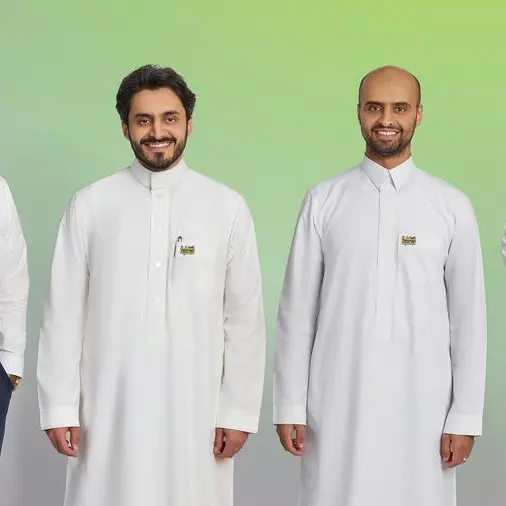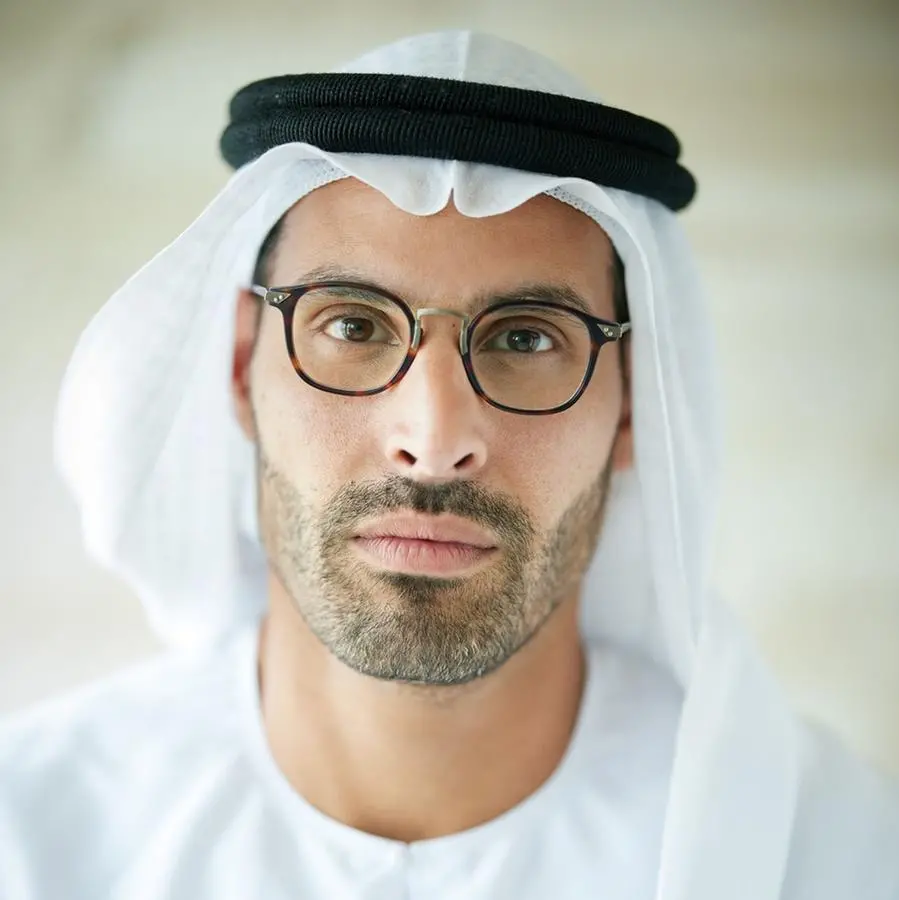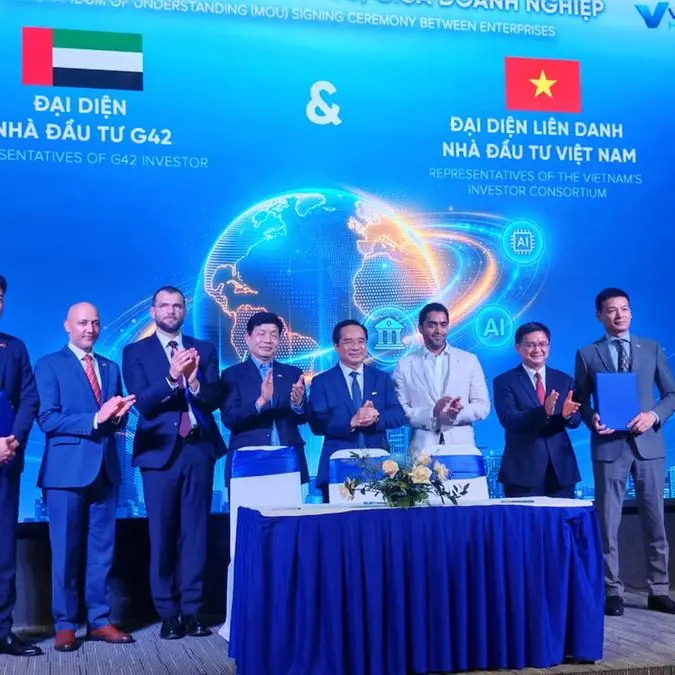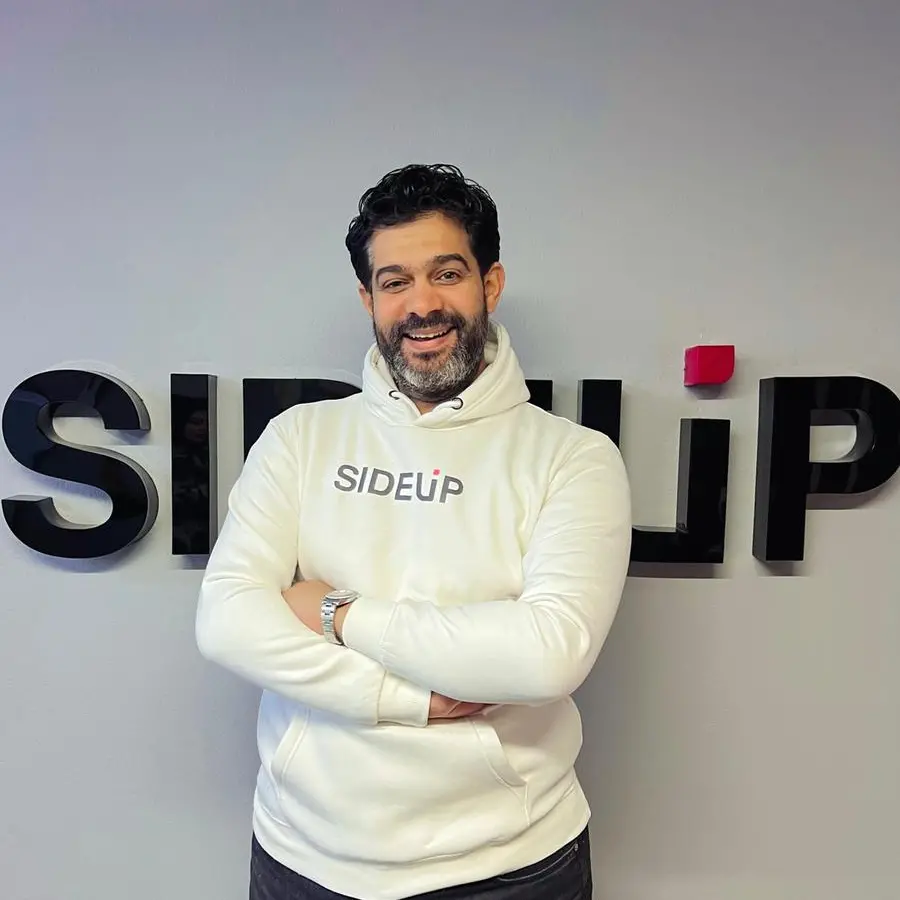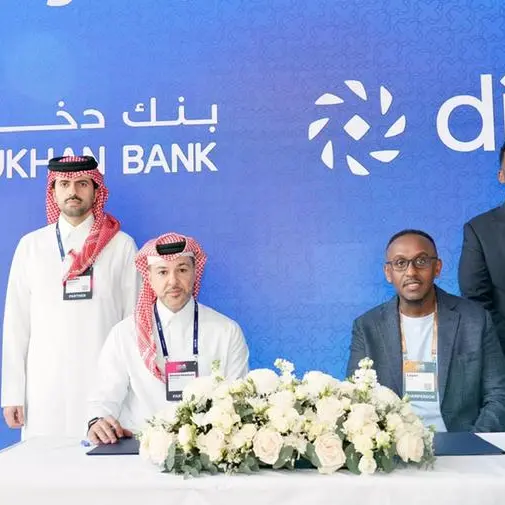PHOTO
Cairo, Egypt: Ecolab, a global sustainability leader offering water solutions and services, announced new findings from its 2024 Ecolab Watermark™ Study. The study sheds light on growing consumer concerns about water security while highlighting progress in sustainability efforts by both the government and businesses in Egypt.
The World Resources Institute projects global water demand to increase by 20% to 25% by 2050, and that the entire population of the MENA region will live under extremely high water stress by then. As one of the world’s most water-stressed nations, Egypt remains heavily dependent on the Nile River, which faces rising pressures from population growth and regional challenges. Guided by its 2050 Water Resources Plan, Egypt is advancing sustainable water management initiatives, strengthened by recent partnerships with the EU and the Netherlands, underscoring a commitment to global collaboration.
The second edition of Ecolab’s Watermark™ Study, was conducted in 15 countries across six regions, including the United States, Latin America, Europe, Asia Pacific, India/Middle East/Africa (IMEA) and China. The study aims to provide a global overview of water stewardship through water’s importance, usage, connection to climate, and responsibility among key consumer populations, revealing several key insights in Egypt:
- 71% of Egyptian consumers list clean and safe water as a significant environmental concern over the next five years —up from 69% in 2023.
- 74% of Egyptian consumers believe the government has made significant progress towards sustainability targets in the past year, compared to 41% in the U.S. and 32% in Europe.
- 69% of Egyptian consumers believe that businesses have made significant progress towards sustainability targets in the past year, compared to 40% in the U.S. and 35% in Europe.
- 68% of Egyptian consumers value reporting transparency and believe progress when it is reported.
Commenting on the report, Stefan Umiastowski, Ecolab's Senior Vice-President CEO India, Middle East & Africa said: “This year’s Watermark Study reveals a nuanced picture in Egypt: while consumers acknowledge meaningful progress from both government and business sectors, their concern about water security continues to grow. This reflects the complexity of water stewardship in one of the world’s most water-stressed regions.
“With mounting population pressures and regional challenges, water conservation is not an option—it’s an imperative. Sustainable progress requires collective action across all sectors, from government to business to consumers. We hope these findings will catalyze even stronger commitment to securing Egypt’s future.”
The study highlights an encouraging trend: most Egyptian consumers are confident that business and government leaders are serious about addressing water scarcity. The perception of how much each of the following types of leaders care about the impact of their organization on water conservation has remains high:
- Business leaders: 69% in 2024.
- Government leaders: 75% in 2024.
- Non-profit and conservation leaders: 72% in 2024.
The willingness of consumers in Egypt to support businesses that prioritize sustainability is also on the rise. The study found that 66% of consumers have stopped using/purchasing products because of how much water it takes to manufacture them.
Notably, consumers view the food & beverage, manufacturing, and agricultural industries as the most responsible for water use and conservation, reflecting the importance of targeted efforts within these key sectors.
Umiastowski added: "Egyptian consumers are sending a clear message: they’re willing to support businesses that take environmental action. This transforms conservation from a moral duty into a competitive advantage. Companies that lead in this space aren’t just building trust – they’re future-proofing their operations. At Ecolab, we see how smart water management delivers multiple benefits: reducing energy costs, lowering emissions, and improving performance. In today’s market, sustainability isn’t optional; it’s essential for lasting success.”
Ecolab reports the Watermark Study annually to encourage, educate, and inspire others to take action by providing a unique consumer perspective on the water crisis. This perspective offers key information on where and how stakeholders—such as governments, NGOs, businesses, and others—can collaborate to address the issue.
The Ecolab Watermark Study was conducted in partnership with Morning Consult in early 2024 among a sample of general population adults. Ecolab will update and release new editions of its Ecolab Watermark™ Study.
To see the full country-specific results, please visit: watermark.ecolab.com/egypt/
Media enquiries:
Layth Kamal, Mojo PR, on email layth@mojo-me.com
About Ecolab
A trusted partner for millions of customers, Ecolab (NYSE:ECL) is a global sustainability leader offering water, hygiene and infection prevention solutions and services that protect people and the resources vital to life. Building on a century of innovation, Ecolab has annual sales of $15 billion, employs more than 46,000 associates and operates in more than 170 countries around the world. The company delivers comprehensive science-based solutions, data-driven insights and world-class service to advance food safety, maintain clean and safe environments, and optimize water and energy use. Ecolab’s innovative solutions improve operational efficiencies and sustainability for customers in the food, healthcare, life sciences, hospitality and industrial markets.
About the Ecolab Watermark™ Study
Launched in 2023, the Ecolab Watermark Study is annual research conducted by Ecolab. The global study reports on the state of water stewardship by measuring water’s importance, usage, connection to climate and responsibility among key consumer populations. This research was conducted between January 3 – January 17, 2024, among a sample of general population adults in six regions, including the United States, Latin America, Europe, Asia Pacific, India/Middle East/Africa (IMEA) and China. The interviews were conducted online. Results from the full study have a margin of error of plus or minus 2–3 percentage points. Some geographies may be weighted with fewer variables depending on local census data availability.

